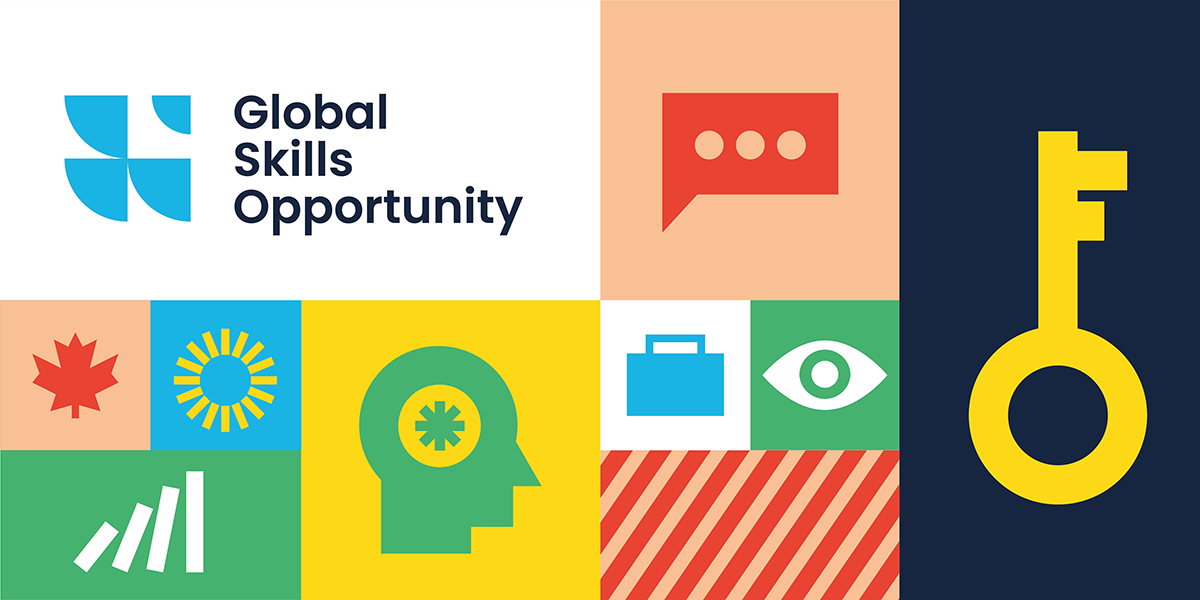By Denise Amyot, President and CEO, Colleges and Institutes Canada
Originally published in The Hill Times
Planning for and responding to skills needs across an economy as diverse and broad as Canada’s is a difficult task. As much as we need qualified tradespeople and healthcare workers, we also need early childhood educators, software developers, and entrepreneurs to help our economy grow in the face of change. To add to the challenge, the global nature of the world makes our national skills map increasingly complex. Canadian employers now need workers with the right mix of job-related and global skills more than ever.
Colleges and institutes have always focused on employer-driven skills training. In fact, they offer over 10,000 programs, each developed with direct input from industry to ensure that learning objectives align with employer expectations.
Study and work abroad experiences complete the other half of the equation. When we talk about global skills, we mean skills that are common across professionals – like the ability to communicate well, collaborate with others, and adapt to changing circumstances. International mobility experiences ensure students learn these skills before they enter the workforce. Yet Canadian students are statistically less likely than their G7 peers to participate. In a global world, that puts them at a disadvantage. Programs like Global Skills Opportunity (GSO) can fill the gap.
Funded by Employment and Social Development Canada and administered jointly by Colleges and Institutes Canada and Universities Canada, GSO makes international learning experiences more accessible to Canadian post-secondary students. Through the program, colleges, institutes, and universities organize and implement study and work abroad opportunities that ensure their students acquire the global skills employers want and the Canadian economy needs.
For example, I’M SIENT (International Mobility Supporting Indigenous Entrepreneurs), a GSO-funded project from Sault College in Ontario, gives Indigenous students the opportunity to enhance technical and analytical skills and apply their knowledge in a practical ecosystem with Indigenous students and entrepreneurs in the Yucatan region of Mexico. The skills potential of such an opportunity is incalculable – especially for groups that are traditionally underrepresented in the Canadian workforce and in postsecondary education.
GSO leverages the strength of a network of more than 250 postsecondary institutions to ensure that up to 11,000 Canadian students over four years – especially those for whom such experiences have traditionally been less accessible – aren’t left behind in a global competitive workforce.
So far, more than 5,000 students – 75% of whom identify as a member of a traditionally underrepresented group – have completed a GSO-funded international study or work experience in one of more than 100 countries. Of that group, 64% identify as a low-income student, 18% as a student with a disability and 13% as an Indigenous student.
Addressing labour market challenges starts with postsecondary. It always has. But as the nature of work changes, education must change with it. Learning experiences outside the classroom – and outside the country – are now more relevant than ever.
Study and work abroad experiences like those made possible with funding from Global Skills Opportunity expose students to new environments, challenges, and ways of thinking, helping them learn the skills, confidence, and an appreciation for diversity. They are also a key component of the Government of Canada’s International Education Strategy.
In fact, when asked to assess the skills they gained during GSO-funded experiences, students identified adaptability, collaboration, networking, problem-solving, language capacity, and communication among the top – all of which align with the Government of Canada’s Skills for Success, a framework that identifies nine skills needed to participate and thrive in learning, work, and life.
Canada needs a permanent stream of globally competitive talent. That means permanent funding for programs like GSO that not only benefit students and employers, but also help learning institutions increase their capacity to deliver safe, enriching, and accessible international study and work abroad opportunities now and in the future.
With funding to ensure sustainability and growth, GSO can continue its success and equip more workers for success and deepen person-to-person global ties. The more Canadians engage around the world, they more they bring new skills home. The vitality of our workforce depends on it.

